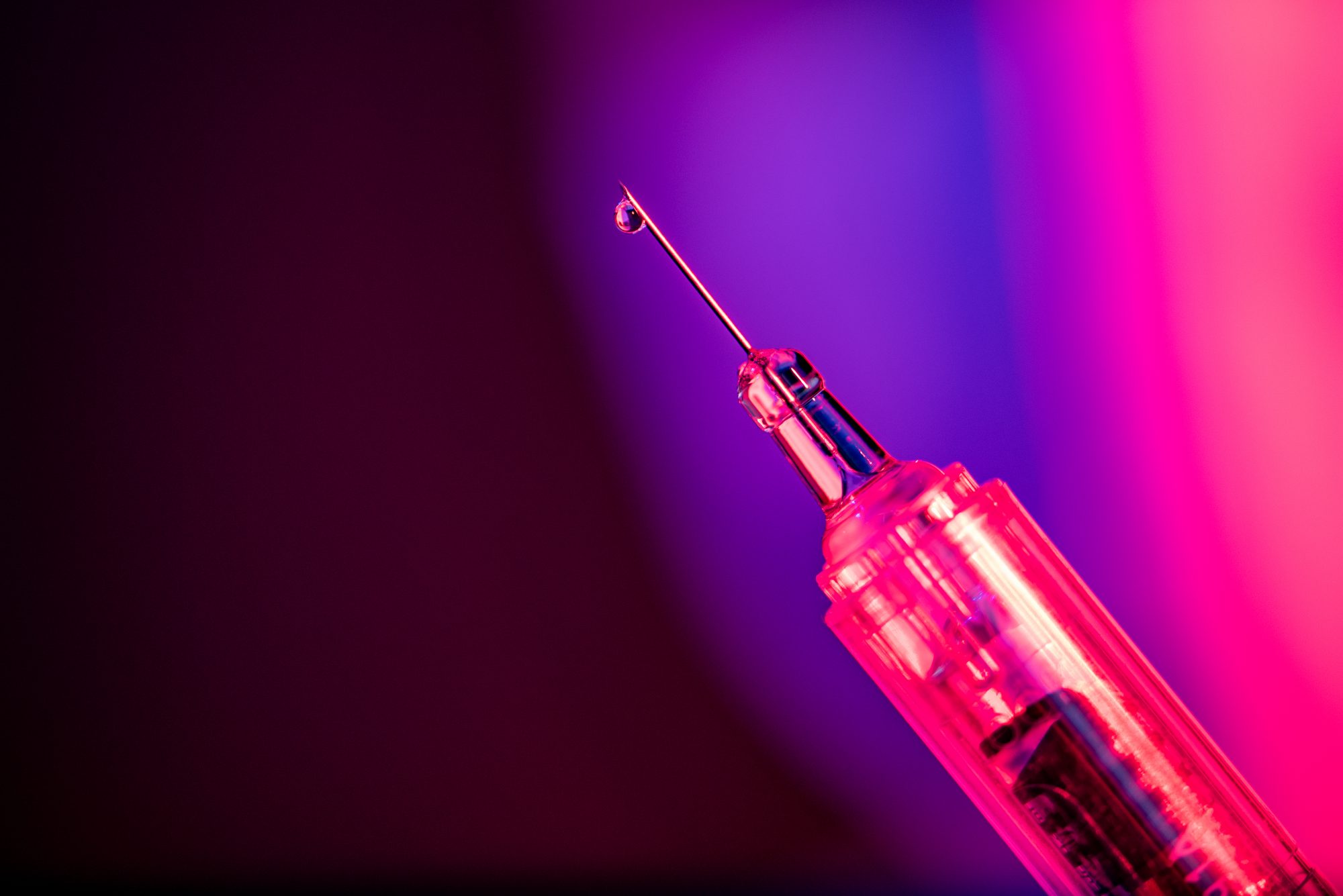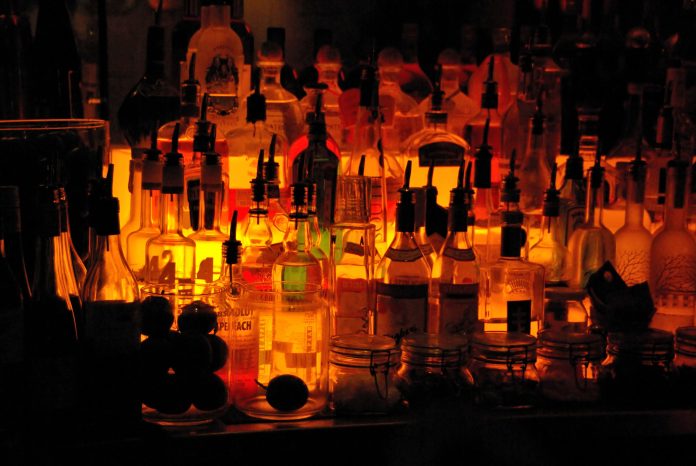With the media gripped by first-hand accounts of the drink spiking “epidemic” last week, what happens to women after the news coverage is gone?
With a rise in levels of women being spiked via injection to the body and over 200 reports of spiking in the last two months, women face increasing danger when they are simply socialising with others.
Thousands are taking to the streets to express the severity of the situation and how unsafe women are feeling. This week will see at least 30 cities unite in a nightclub boycott known as ‘Girls Night In’ or ‘Big Night In’.
A University of Leicester student, speaking to Open Access Government, said: “I haven’t been spiked but it’s definitely making me feel anxious about going clubbing. I feel so unsafe.”
Spiking a drink – whether it is an extra shot of alcohol or the addition of other substances – is a crime that carries a serious sentence. Even if the victim is not attacked or assaulted, it can result in a prison sentence of up to 10 years for anyone found guilty.
So what exactly is drink spiking?
DrinkAware, an alcohol education charity, lists the possible substances used in drink spiking as: more alcohol, ‘date rape’ drugs, other illegal drugs and a variety of prescription drugs – stimulants, tranquillisers, sedatives, opiates.
Drink spiking is used to make a person more vulnerable for a variety of motives, like theft or sexual assault.
Symptoms of drink spiking to look out for include:
- Loss of balance
- Fatigue
- Lowering of inhibitions
- Visual problems
- Confusion
- Vomiting
- Unconsciousness.
Unfortunately, the majority of these symptoms can be perceived as excessive alcohol consumption. This has the sinister effect of distancing a victim from access to help, with security staff overlooking their condition. Many do not realise what is going on before it is too late, and victims get overlooked and ignored by security and staff at public events.
Along with a number of other side effects, if other medications or substances have been ingested prior, the body’s reaction can be entirely different and can have disastrous consequences.
What advice is given to women to avoid being spiked?
Here is the advice given to many on staying safe from drink spiking.
- Don’t accept a drink from a stranger
- Stick with friends
- Look out for one another
- Cover your drink with your hand
- Never leave a drink unattended
- Don’t accept a drink you didn’t see get poured or opened at the bar
This advice is recycled. Women and girls in particular are tired of being told how to protect themselves on nights out without any changes being made in nightclubs. Women have been taught these techniques from adolescence and are tired of them.
As the general public is becoming more vigilant with their drinks – it seems those wanting to inflict harm are finding another way. The injection technique skips the drink entirely, using a needle to drug a woman.
Students at The University of Leicester have collaborated with their Student Union to join the boycott this week to make sure the University venue – O2 Academy – realise the gravity of the situation.
One student said: “It’s so frustrating to have to constantly remember all the tips and tricks to protect yourself when nightclubs aren’t doing enough to protect us.”
“Its so frustrating to have to constantly remember all the tips and tricks to protect yourself when nightclubs aren’t doing enough to protect us”
University students and the general public are asking for both a Government strategy to reduce the amount of spiking across the UK in clubs especially and for venues to take accountability and install new protection measures.

So what changes could help stop drink-spiking?
In response to the rise in drink spiking and Nottinghamshire police revealing that they had received 12 reports of alleged spiking via injection since October 2nd, a number of petitions have gained a significant amount of support.
-
Instant testing
- Many are calling for clubs to create spaces for more quick and effective testing for drinks – instead of removing those who appear too drunk and leaving them to fend for themselves outside.
- A parliamentary petition is calling for the government to fund free drink spiking kits for instant reassurance and results. Having reached over 12,000 signatures the petition has prompted an imminent government response.
-
Training
- More effective training for security and staff on how to recognise when someone has been spiked or is being taken advantage of. Accounts of women being spiked and being removed from venues onto the street for being ‘too drunk’ are all too common.
- Including staff training on how to evaluate a situation and notice the signs would greatly increase the outcome of drink spike victims and most likely increase the rate of those who are willing to report their experience to the police.
-
Drink protection
- A change.org petition calling for all bars and clubs to legally provide drink covers and lids for their customers has received over 15,000 signatures.
- In response to this, Rekom UK—Britain’s biggest nightclub operator—has announced changes to protect customers. The corporation will provide anti-spiking bottle toppers, drink covers, and drug testing kits at all its venues.
-
Thorough searches
- This point is one that has sparked a larger discussion concerning the possible abuse of power that can follow intense searching at the door of nightclubs. The Petition titled ‘Make it a legal requirement for nightclubs to thoroughly search guests on entry’ has received nearly 170,000 signatures since its posting in October.
- Mair Howells, leader of the IvebeenSpiked campaign that aims to support and raise awareness of those who have experienced drink spiking, told The Independent that “increasing security gives up more space for abuse of power and doesn’t consider marginalised communities or women and the effect this could have on them”.
- This is a worry for many students around the country, with one stating, ” It’s frustrating because we’re meant to be able to trust bouncers, but we just don’t, and giving them more power is scary.” This suggests that an investigation, the ‘Urgent Review Into Drink Spiking In The UK’, is thoroughly necessary to protect people across the UK.
-
Governmental investigation
- This final point is one created by the Ivebeenspiked campaign leaders. They are asking for an ‘Urgent Review Into Drink Spiking In The UK’, an investigation that is thoroughly needed in order to protect people across the UK.
URGENT REVIEW INTO DRINK SPIKING IN THE UKhttps://t.co/6NYgBZhUWQ
— ivebeenspiked (@ivebeenspiked) October 13, 2021
What impact does drink spiking have?
The aftermath of drink spiking can be an incredibly difficult one.
With some so traumatised and even embarrassed they won’t report their incident to the police, we cannot truly have an insight into the extent of the problem. Many women, in particular, are afraid to report their incidents to the police due to the risk of not being believed or taken seriously. This mentality is damaging and a common one that often results in women blaming themselves.
Through the confidential system of Ivebeenspiked, many are able to open up about their experiences. From reading these accounts it is clear that victim-blaming is a major issue for those who have fallen victim to spiking.
One account expressing how they felt in the months after the incident, said: “I felt somewhat responsible for what happened to me. Like, should I have been more careful?”
“I felt somewhat responsible for What happened to me.”
Victim blaming is a very common occurrence in situations of female assault and attacks. We should not be blaming the victims of these attacks. Instead, the finger should be pointed at both the perpetrator and nightclub venues, in particular, for enabling substances to be taken inside and get past security.
Women and female students, in particular, are asking some key questions and demanding change from within the government. Another University of Leicester student told us how frightening going out in the centre of town is and that, in their opinion, “Nightclubs need to stop focusing on profits and more on the safety of their customers.”
The question is, will the clubbing industry listen?











